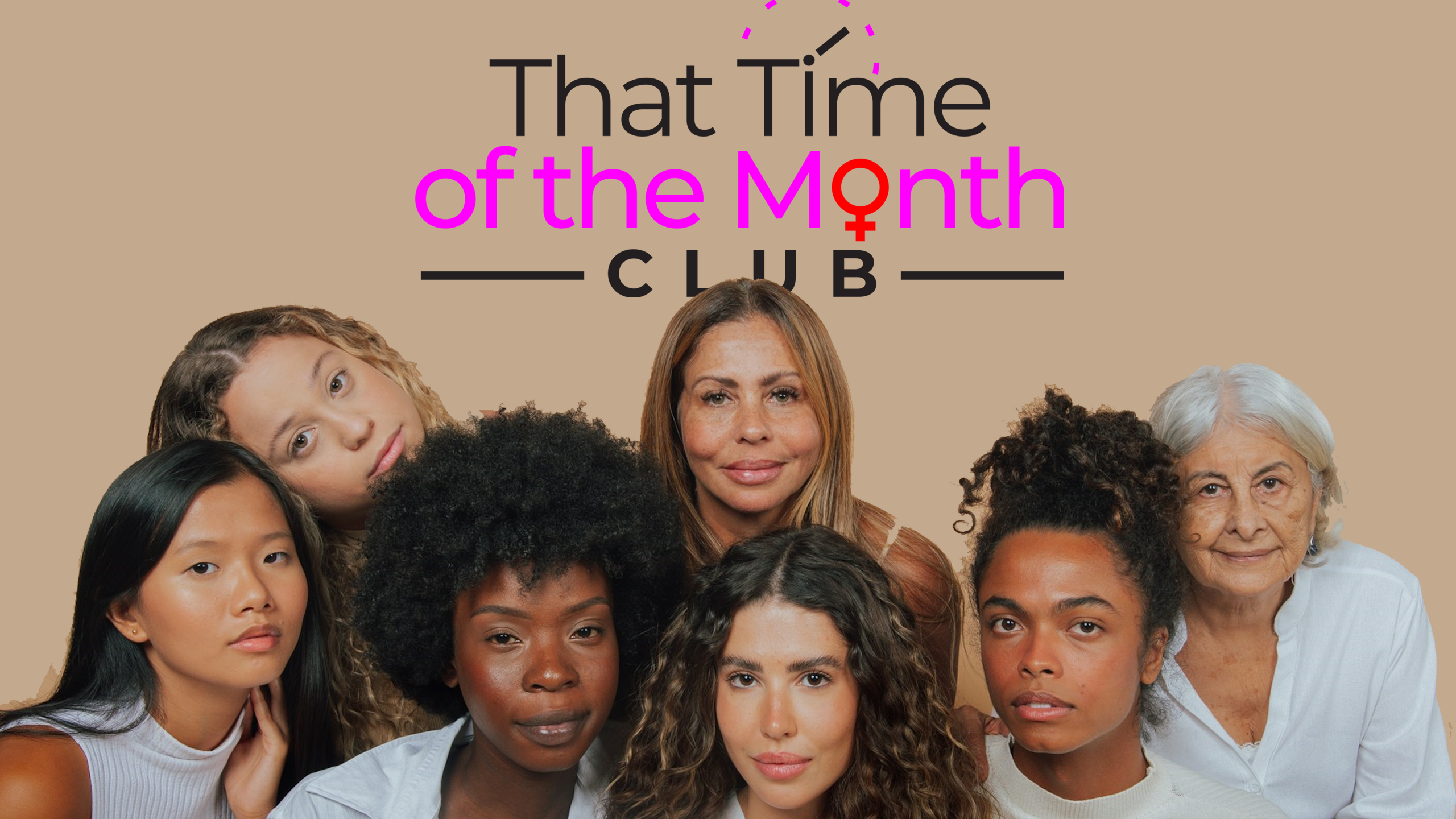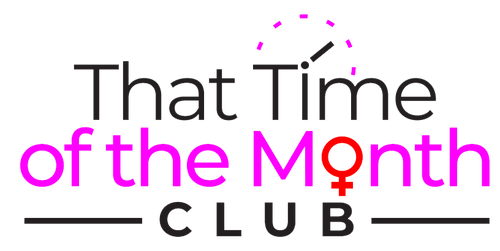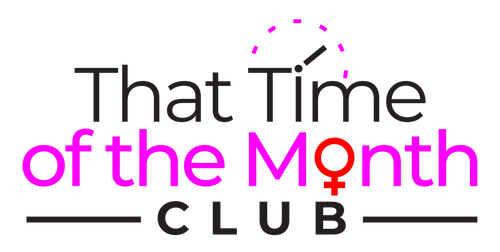What is Period Poverty?

Period poverty refers to the lack of access to menstrual products, education,
and sanitation facilities for women and girls, leading to significant health risks
and social consequences. For millions worldwide, the cost of basic hygiene
products like pads, tampons, or menstrual cups is out of reach. As a result,
they are forced to use unsafe alternatives or miss school, work, and social
activities, perpetuating cycles of poverty and inequality.
Globally, an estimated 500 million women and girls lack adequate facilities to
manage their periods. In the U.S. alone, nearly 1 in 5 girls has missed school
due to the inability to afford menstrual products. This issue not only affects
education but also contributes to broader economic and social inequalities, as
many women face stigma, health issues, and isolation due to inadequate
menstrual care.
Why It’s Important to Help End Period Poverty
Ending period poverty is not just about providing products—it’s about
ensuring dignity, equity, and opportunity for all women. Lack of menstrual
hygiene products leads to missed education and work opportunities, limiting
women’s potential and exacerbating poverty. Studies show that girls who miss
school due to their period are more likely to drop out, which affects their future
economic prospects and perpetuates cycles of inequality.
Moreover, lack of access to clean menstrual products can result in serious
health risks, including infections and reproductive health issues, as women
resort to using rags, newspaper, or even leaves during their cycles.
By addressing period poverty, we can help empower women and girls to lead
healthier, more productive lives, free from stigma and shame. Providing
access to menstrual products ensures that all women can participate fully in
society, unhindered by a natural biological process.
At That Time of the Month Club, we are committed to being part of the
solution. For every menstrual cup purchased, we donate one to a woman in
need, directly helping to combat period poverty and ensuring that no woman
is left behind due to lack of access to basic hygiene products. Together, we can
make a lasting impact.


